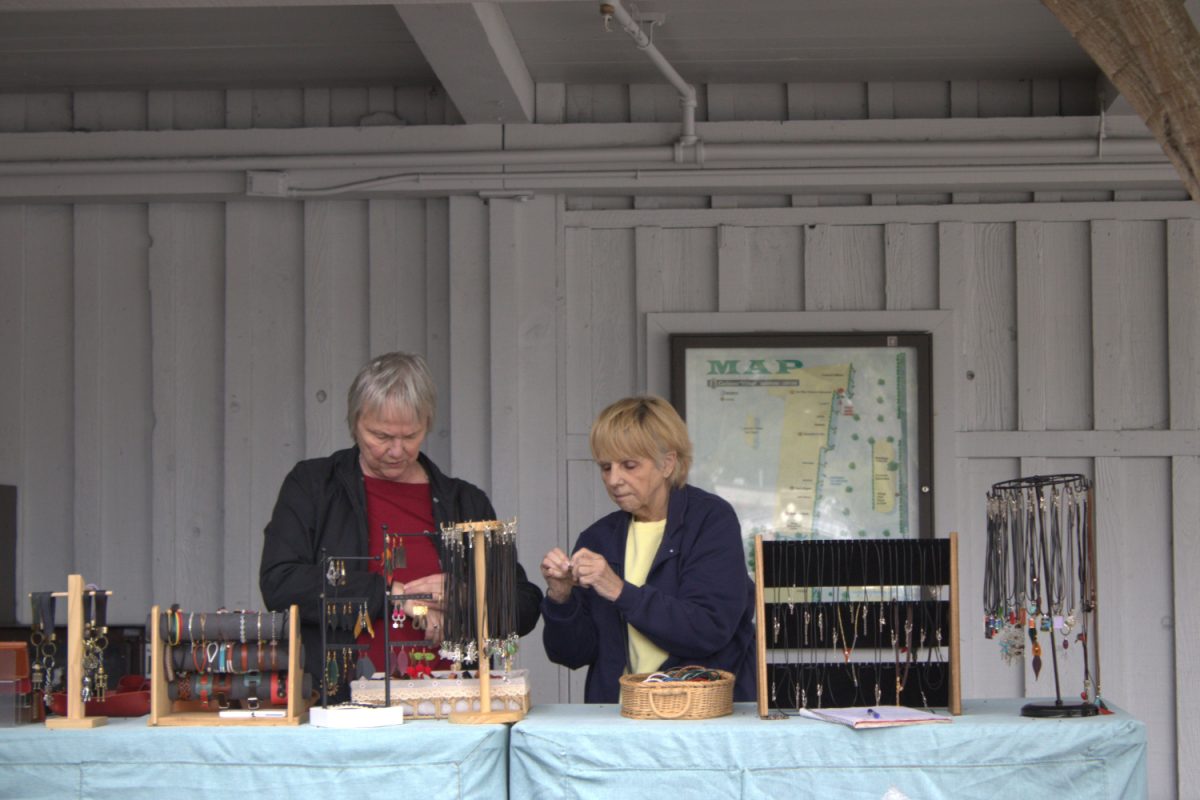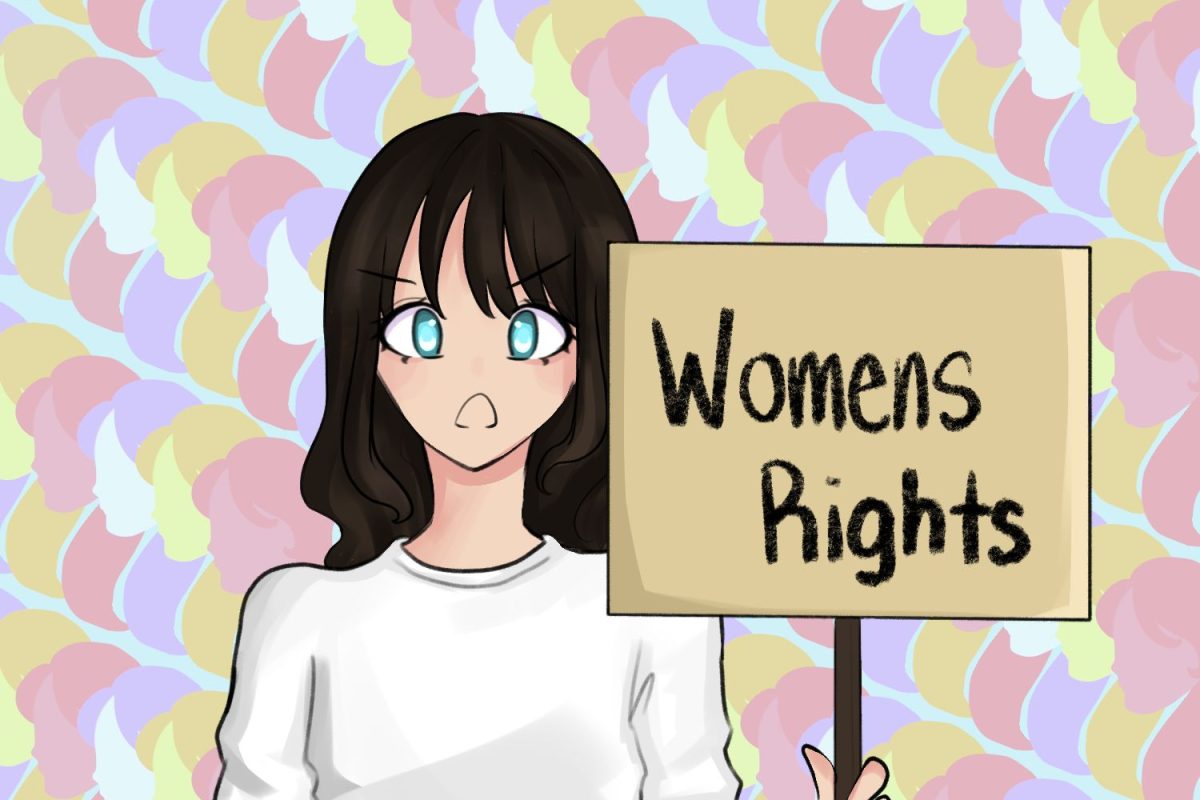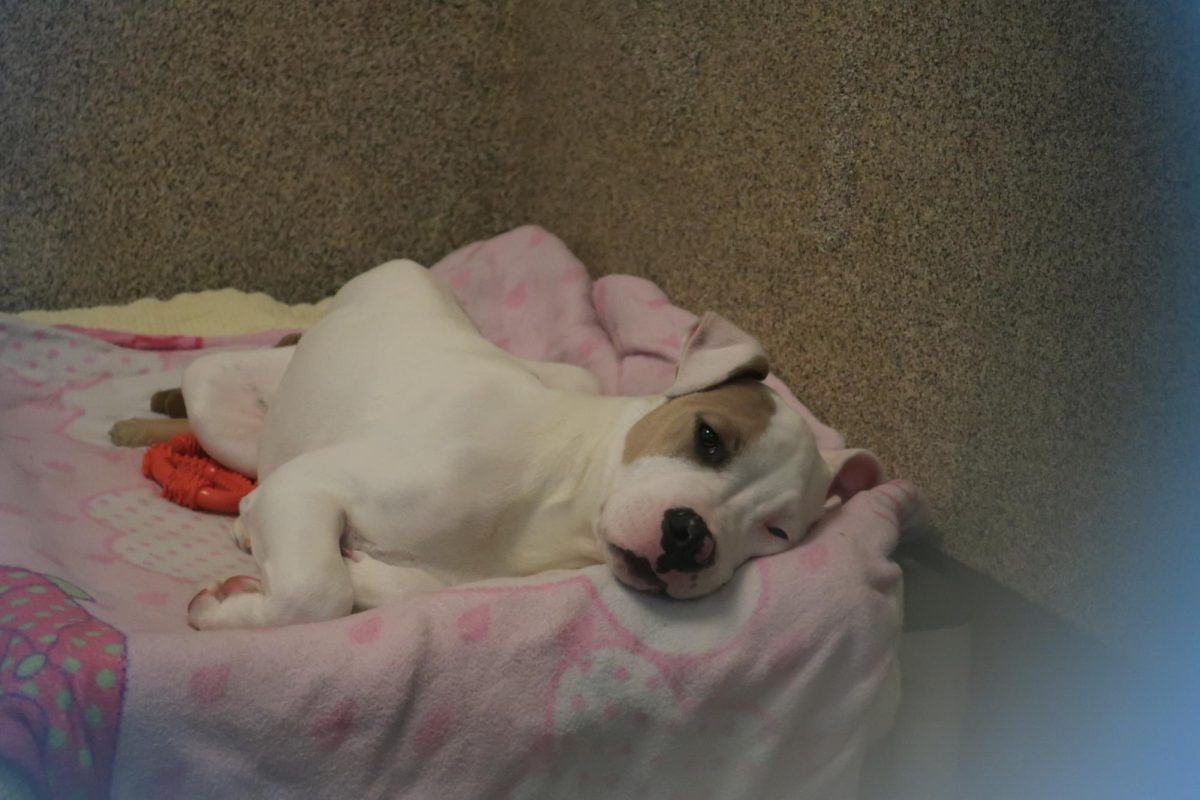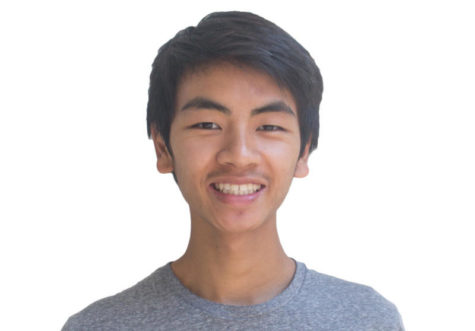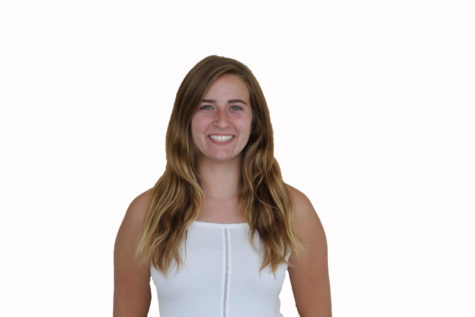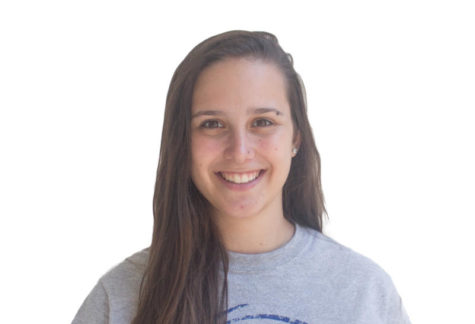Rain sprinkled down on San Francisco City Hall as 500 protesters lit candles to stand in solidarity with Charlottesville, Virginia. As the wind blew signs across the park, citizens stepped forward to share the stories of prejudice and injustice in their lives.
On Aug. 12 in Charlottesville, Virginia, a “Unite the Right” protest was held in objection to the removal of a park statue named after Confederate Gen. Robert E. Lee.
Anti-fascist counter-protesters gathered to oppose the “Unite the Right” group. Later on, a racist protester drove a car into the group of anti-fascists, injuring 19 and killing one.
Since then, there have been protests and vigils in Charlottesville, Los Angeles, San Francisco, and many other cities across the United States. People gathered to show support for Charlottesville and to mourn the loss of Heather Heyer, who died in the wake of the violence.
Protest organizer Christina DiEdoardo said, “I organized this protest due to the recent violence in Charlottesville. I have one friend of mine that was in the middle of [the attack]. They were 15 feet away from where the car plowed into Heather Heyer.”
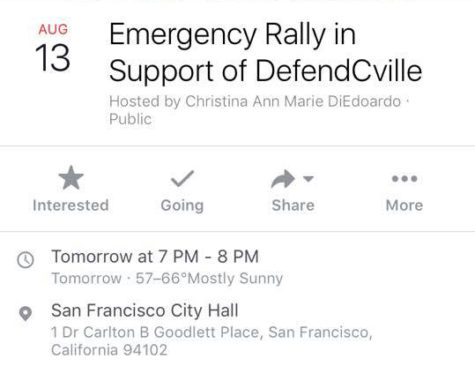
A Facebook post was made for protesters to receive information about the location and time of the event.
Despite the fact that Charlottesville is thousands of miles from San Francisco, approximately 500 people from the Bay Area gathered to protest the violent events happening across the country. The San Francisco protesters knew they could not directly help the victims of the attack, but they remained motivated.
“Part of the reason why we do these things is to teach. We want to teach how events like these happen, how they went down and how we can make it better,” said DiEdoardo.
The protest began with an opening address from DiEdoardo, but it quickly dissipated as protesters moved to create a “call and response” open mic where people could share their personal experiences with many different forms of injustice and discrimination.
College professor Heidi Goen-Salter said, “As a white woman, I feel like this is everybody’s battle. I don’t care that I’m not undocumented and I’m not African American. I am queer, but it doesn’t matter who you are; it’s everyone’s battle. As a woman, I definitely need men to fight for me. As a lesbian, I definitely need straight people to fight for me. We’re in this together.”
However, DiEdoardo disagreed that chanting was the way to effectively protest.
DiEdoardo said, “The woman who was killed, Heather Heyer, was not just another protester. Everything we know of Heather is that she was an activist. She put her deeds behind her words, and reducing her life to chanting is an insult to her.”
Doctors, teachers, parents, children, homeless people, senior citizens, police officers, filmmakers, feminists, socialists, gay rights activists, trans rights activists, victims of racism, victims of anti-Semitism and more gathered for the protest. Many shared the idea that they could make at least a slight difference coming together to chant and speak, despite being so far from Charlottesville.
“[I came out today] because what happened in Charlottesville is so alarming and so horrifying. I’m a teacher and when I come to protests and rallies, I share a lot of it with my students. They should be involved; this is their future; this is their society, and they should be making these changes. They should be working towards changes and recognizing that they can make a difference,” said Goen-Salter.
Although the San Francisco protesters were standing up against white supremacy and violence, many remained skeptical about how their demonstrations would reduce terrorism in the United States.
“I don’t know if this protest will have any impact on the nation, but we do hope that it will show that we support people who are willing to stand up for what they believe in, just as we are,” said Jonathan Luzar, a high school teacher.
Many people stood up to tell their stories, which included accounts of being chased by the Ku Klux Klan, being harassed for being Jewish, and a story from a Charlottesville native, who feared for the safety of her family and hometown upon its invasion by racist protesters.
Debra Solomon, who works for the Dept. of Public Health of San Francisco, said, “As a mother of a Jewish family, it’s really important to us that we stand up for minorities that are threatened. I’m always surprised by the news. Last night, I was trying to tell my children about what happened in Charlottesville and it was really hard to talk about.”
President Trump’s words of leadership following the terrorist attack on Aug. 12 consisted of Twitter posts offering condolences to the Heyer family.
However, some found the president’s words inappropriate.
“I thought that Trump’s initial response was weak. He should have stood up and addressed that there’s no place for white nationalists. He should have been firm and said that the United States will not stand for this. The people responsible should be prosecuted,” said Luzar.
Many believe the response of Terry McAuliffe, the governor of Virginia who deemed the racist protests un-American, was more appropriate than that of the president.
Goen-Salter said, “I loved [McAuliffe’s] response. I love how direct he’s been, and I love that he said that he didn’t speak on talk radio, but instead went to churches to talk to these people that needed support. Actions like this give me hope.”
Even though the violence may have been the actions of a select group of people, some believe that there are more factors that caused the incident.
Black Lives Matter activist Katrina Griffith said, “I don’t think there’s a single person or group to blame for the violence in Charlottesville because the history of America is built upon white supremacy and on violence toward people of color. I think that we need to name the evils for what they are and in times like this, we need leadership that names evil and explains what America truly stands for.”
The violence in society today and the solidarity that the United States has shown through protests and vigils against white supremacy reflect the protests of the Civil Rights Movement.
Luzar said, “I came across a quote from Martin Luther King and it read, ‘a threat to justice anywhere is a threat to justice everywhere.’ King tried to say this about every march he had, and this is the same situation. We feel like we have to step up and say something.”
While some feel insignificant as individual protesters, many believe that rallying together can leave a lasting impact.
San Francisco pediatrician Doris Yu said, “I want to make sure that it’s very clear that white supremacists are outnumbered. There really are more of us and I think as an individual I don’t have the power, but as a big group, we can speak with a much louder voice.”









